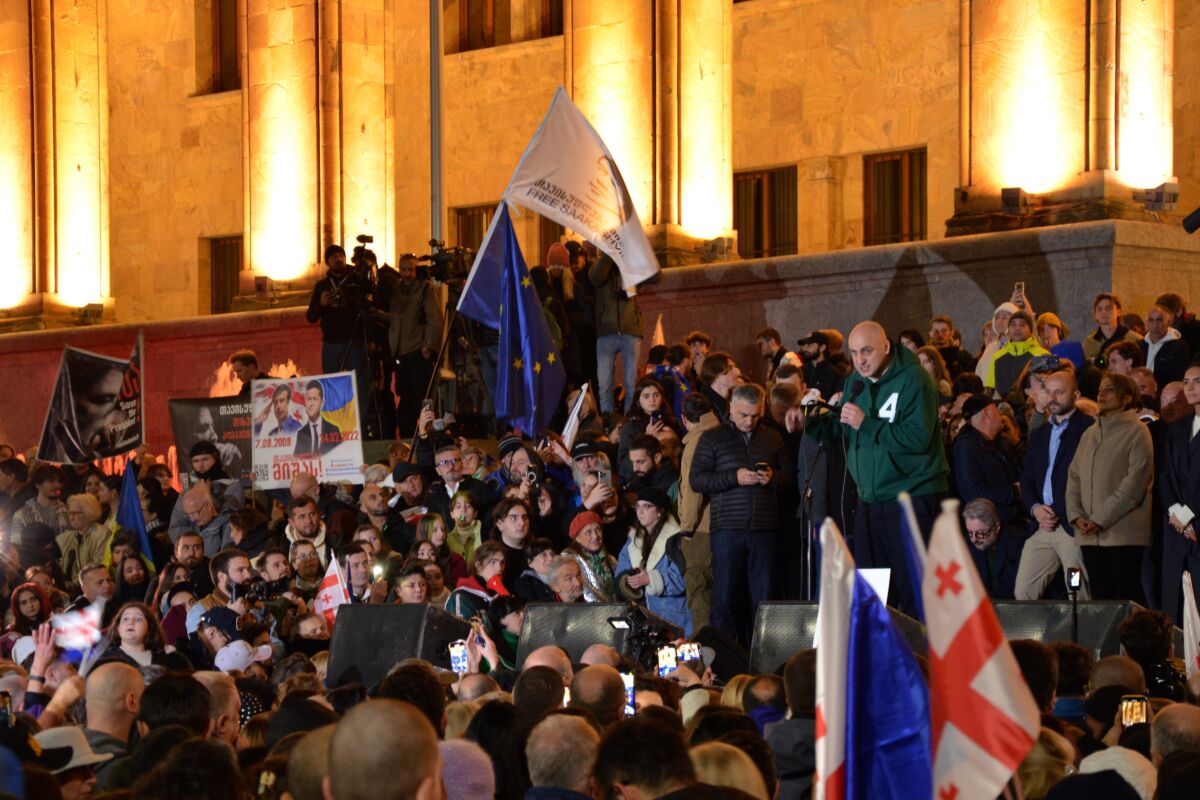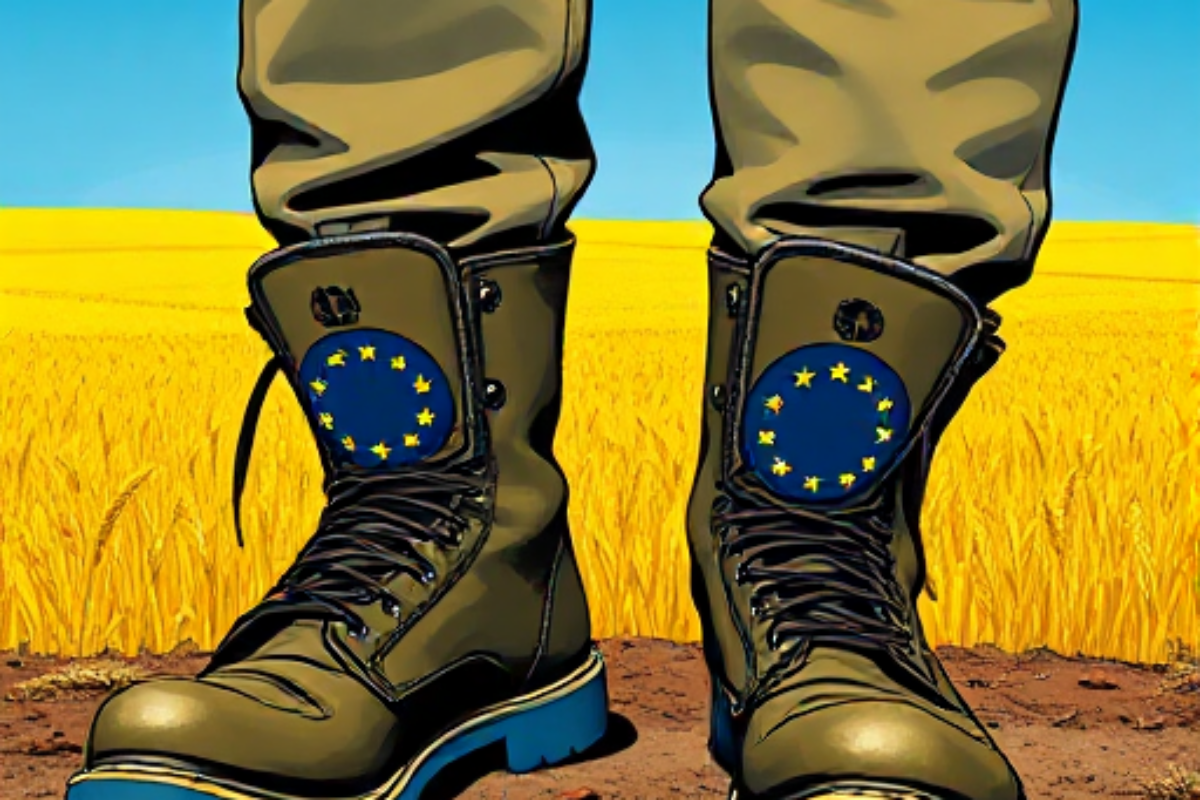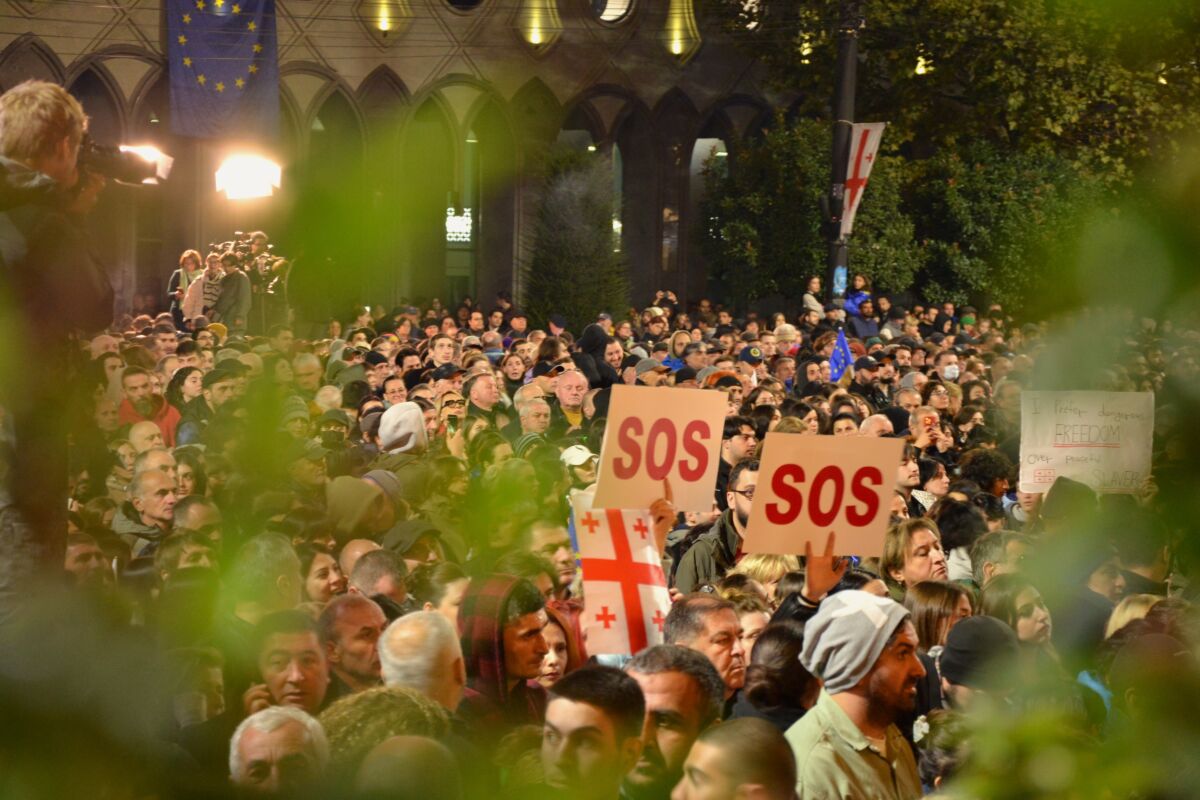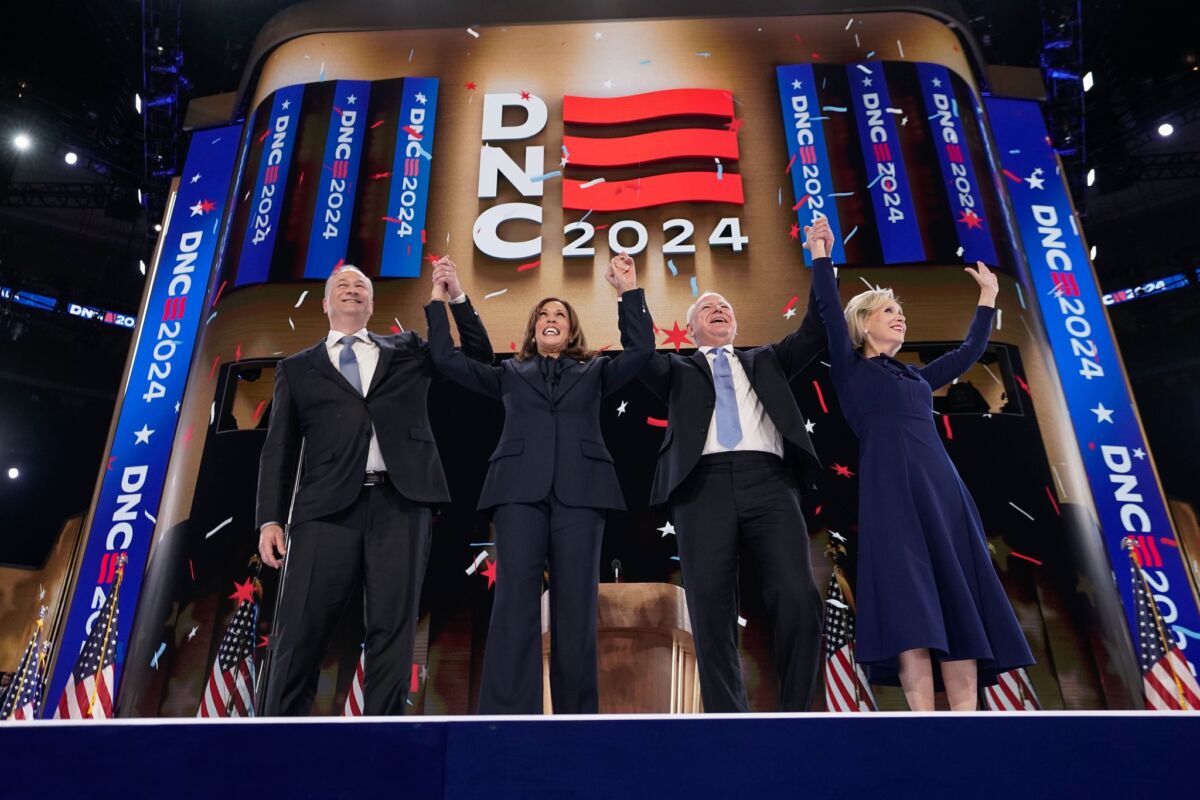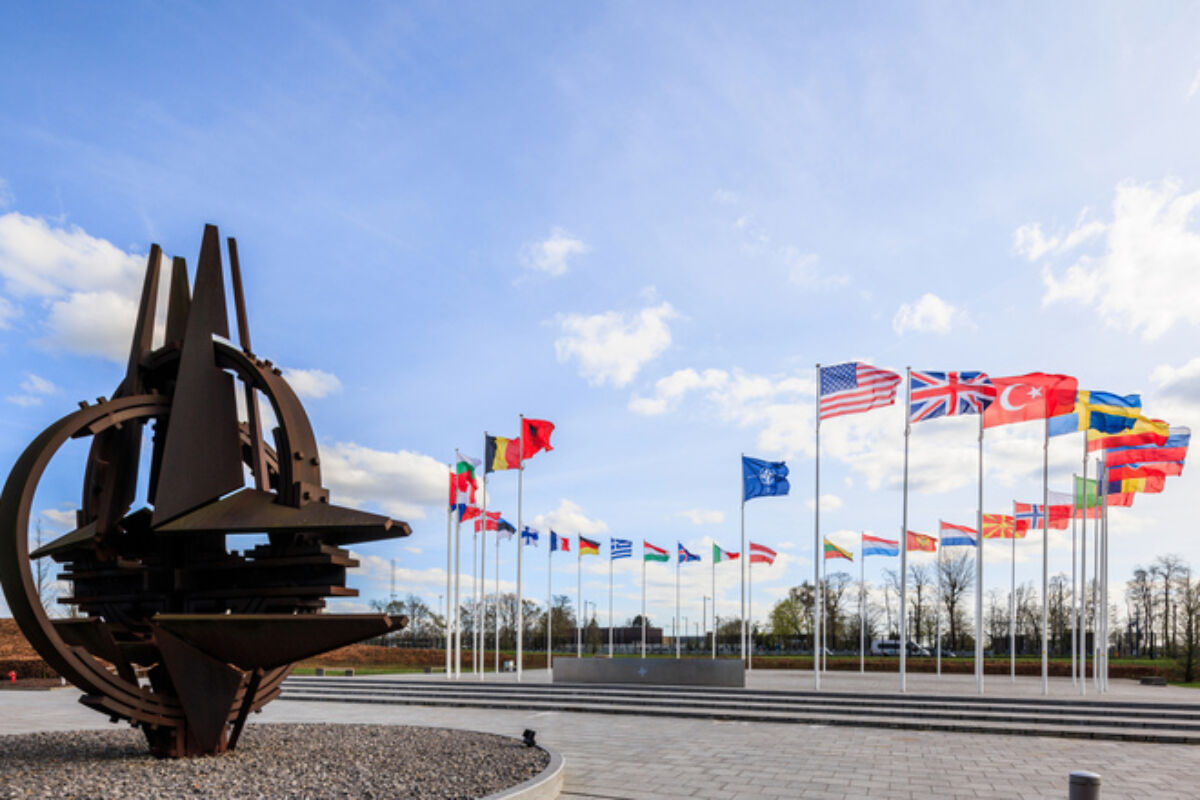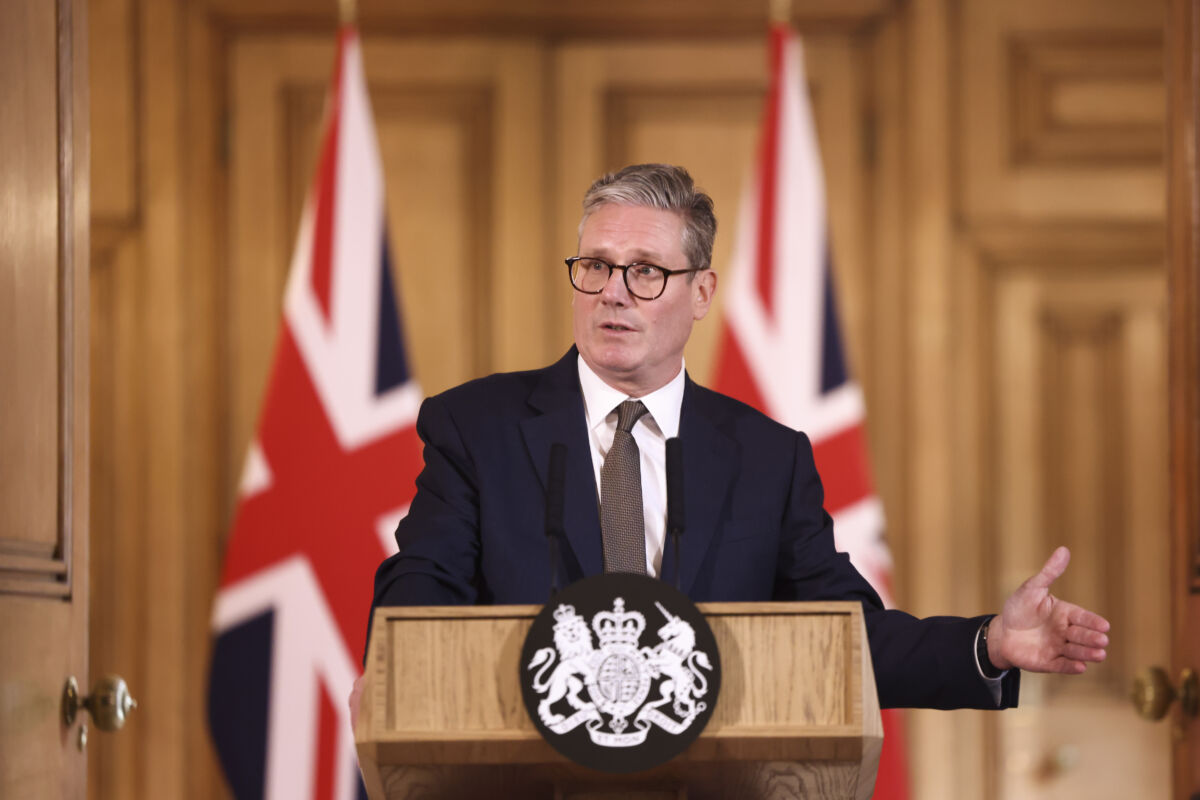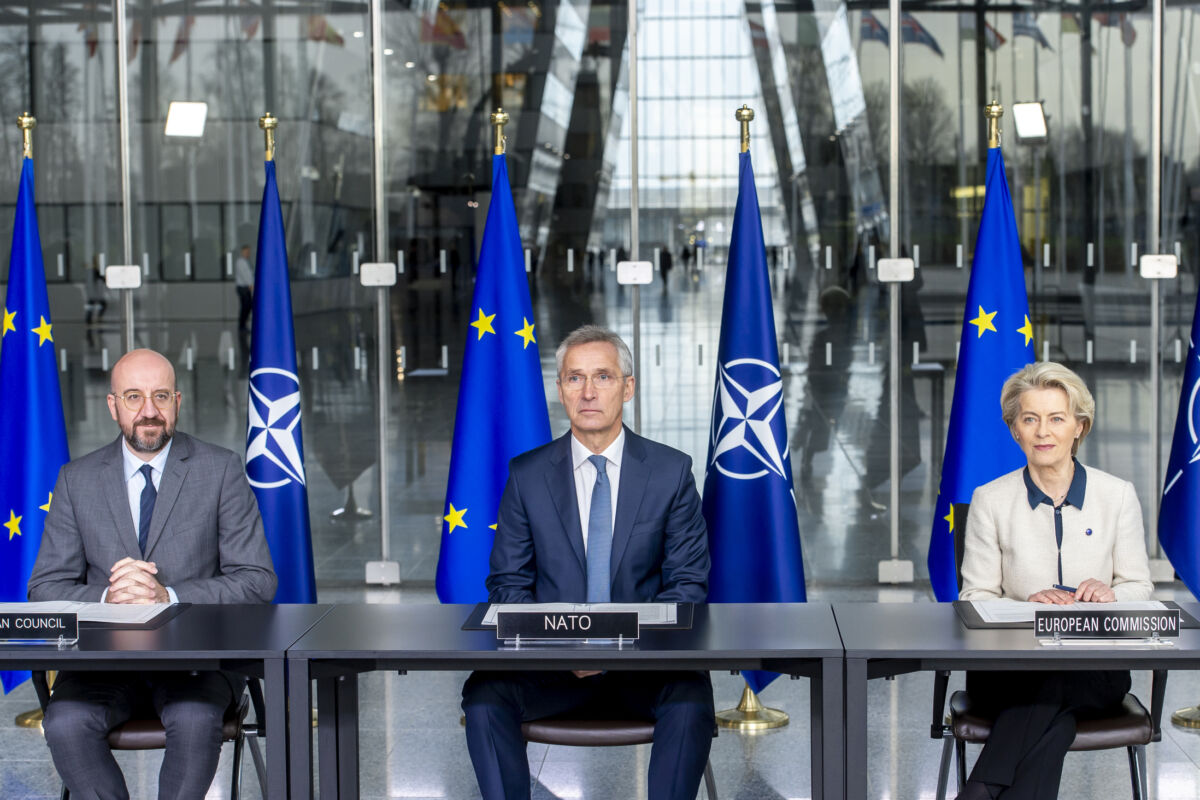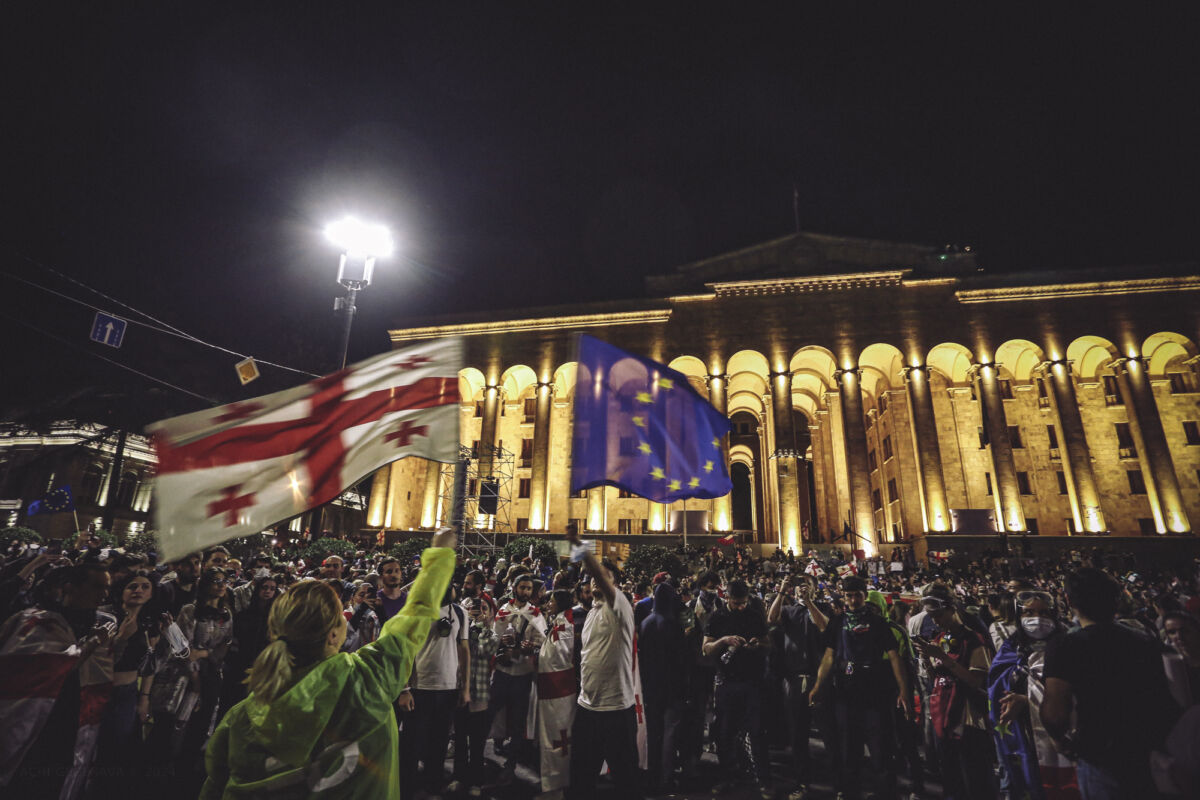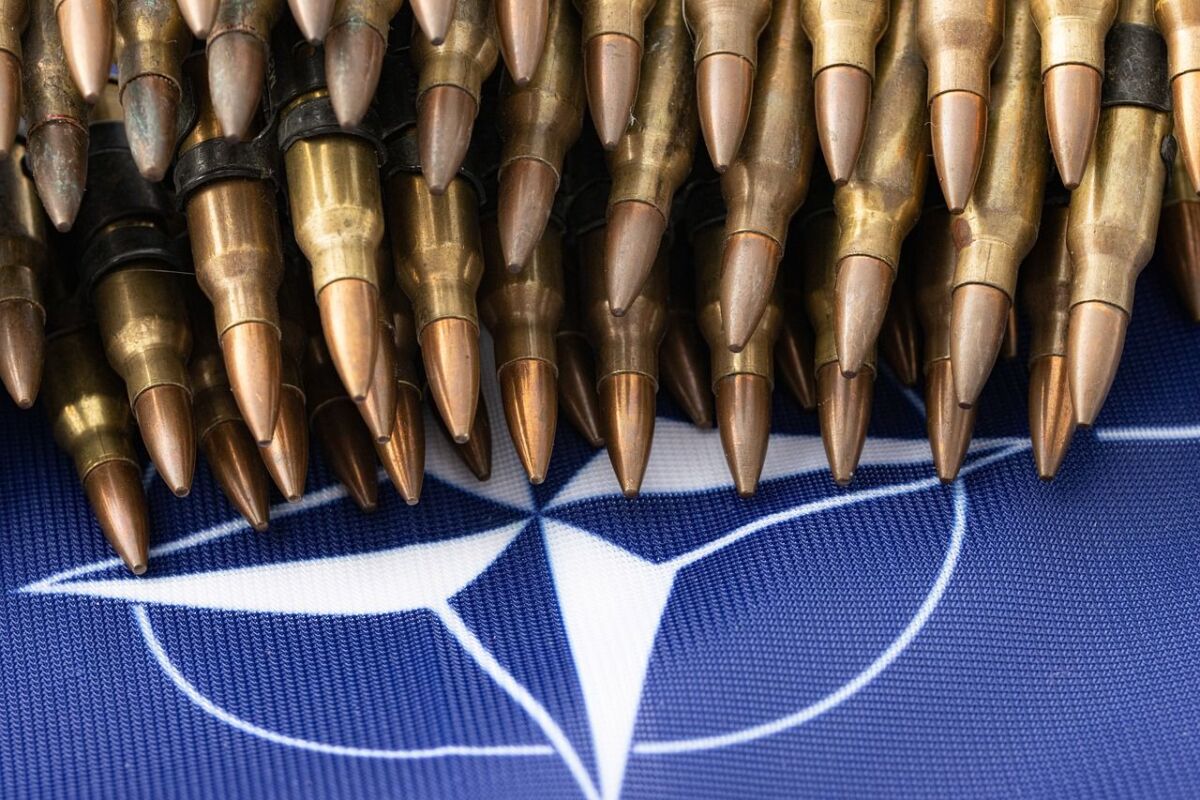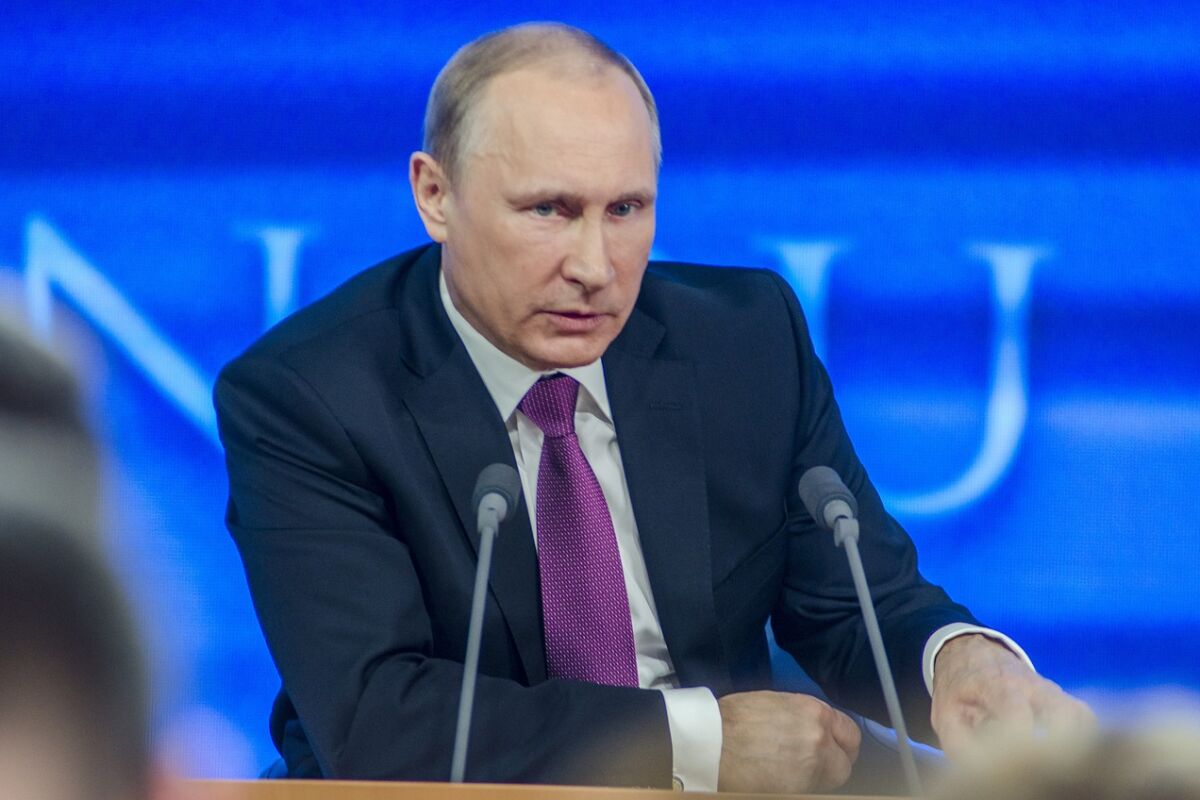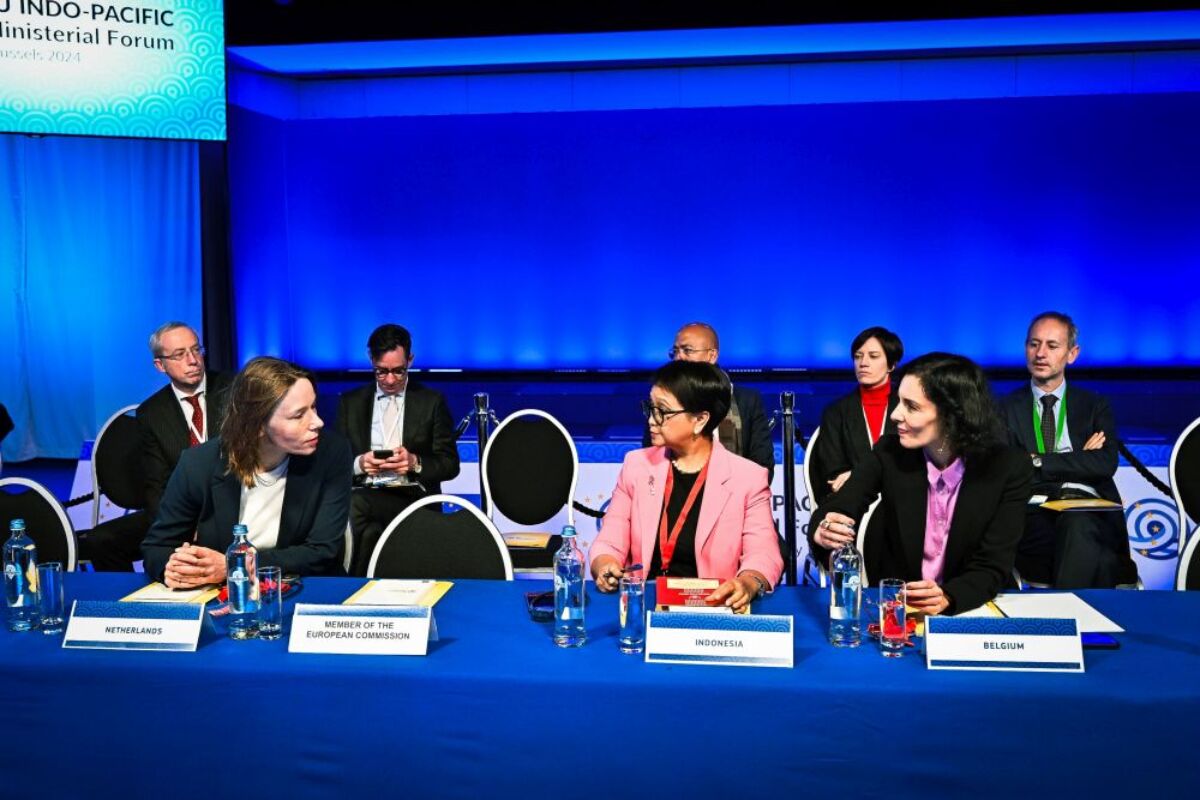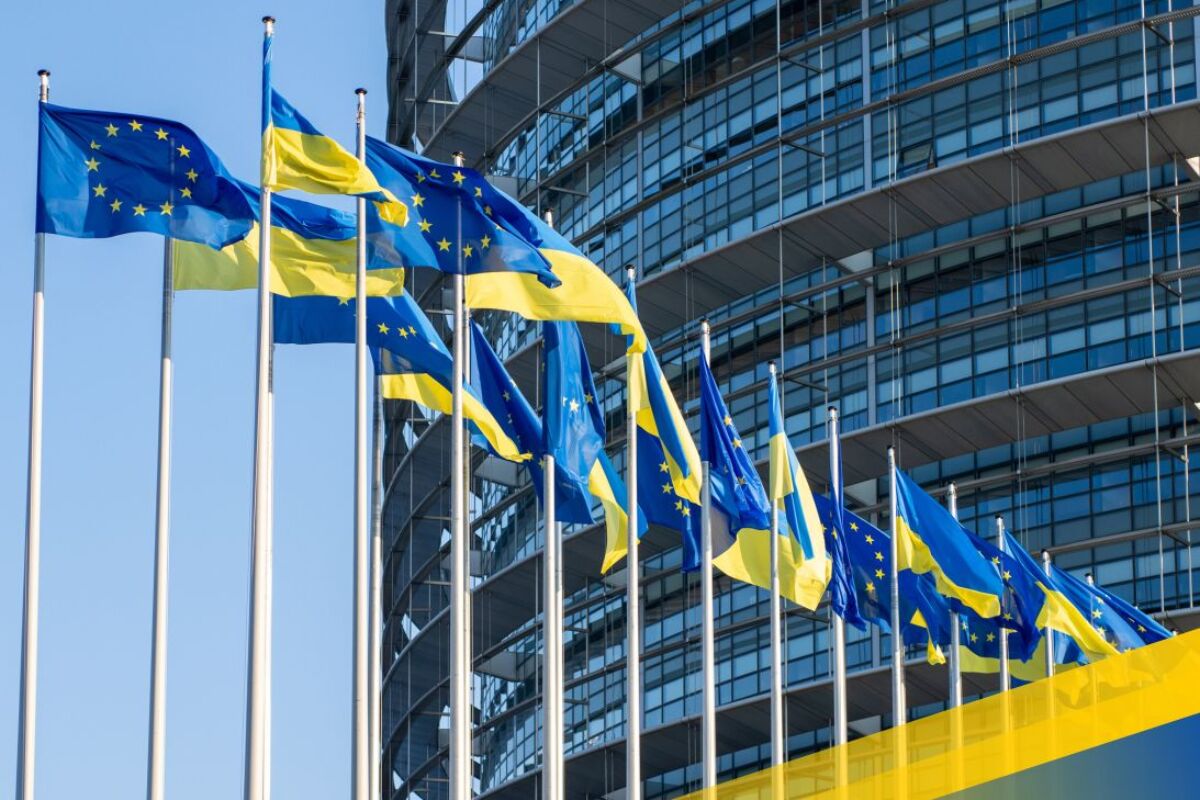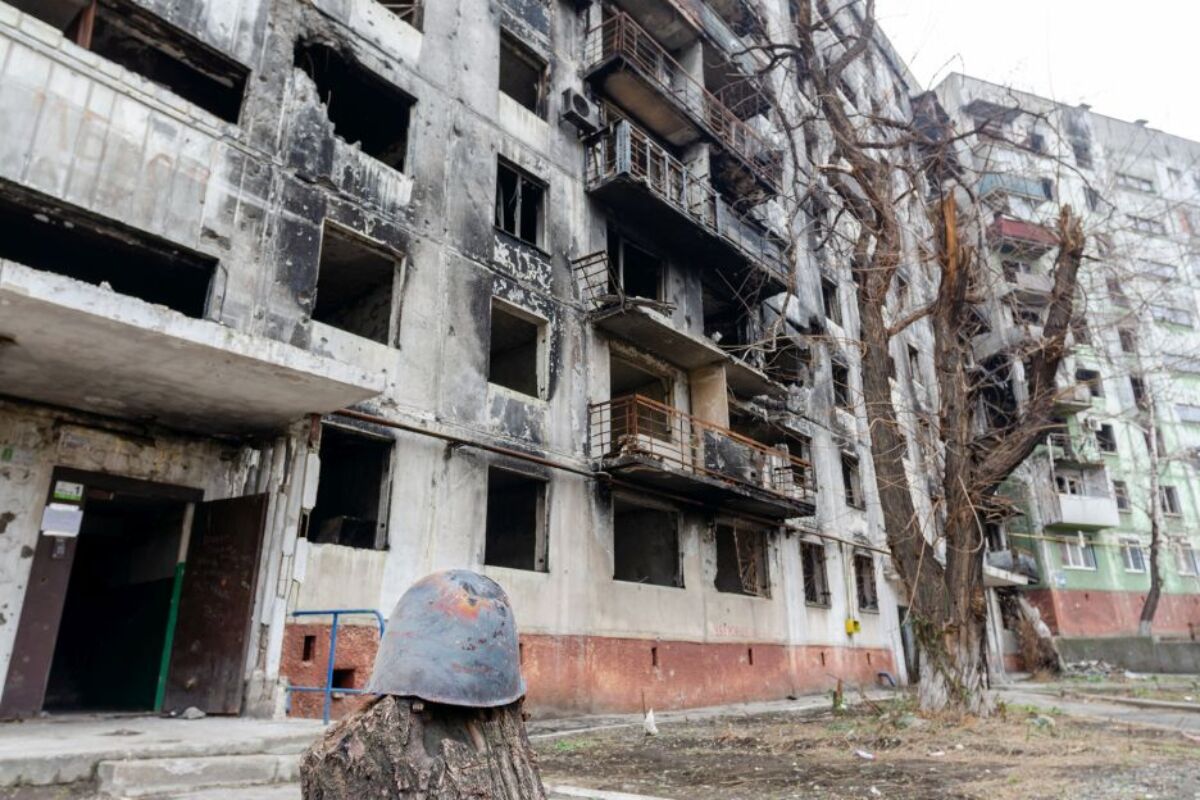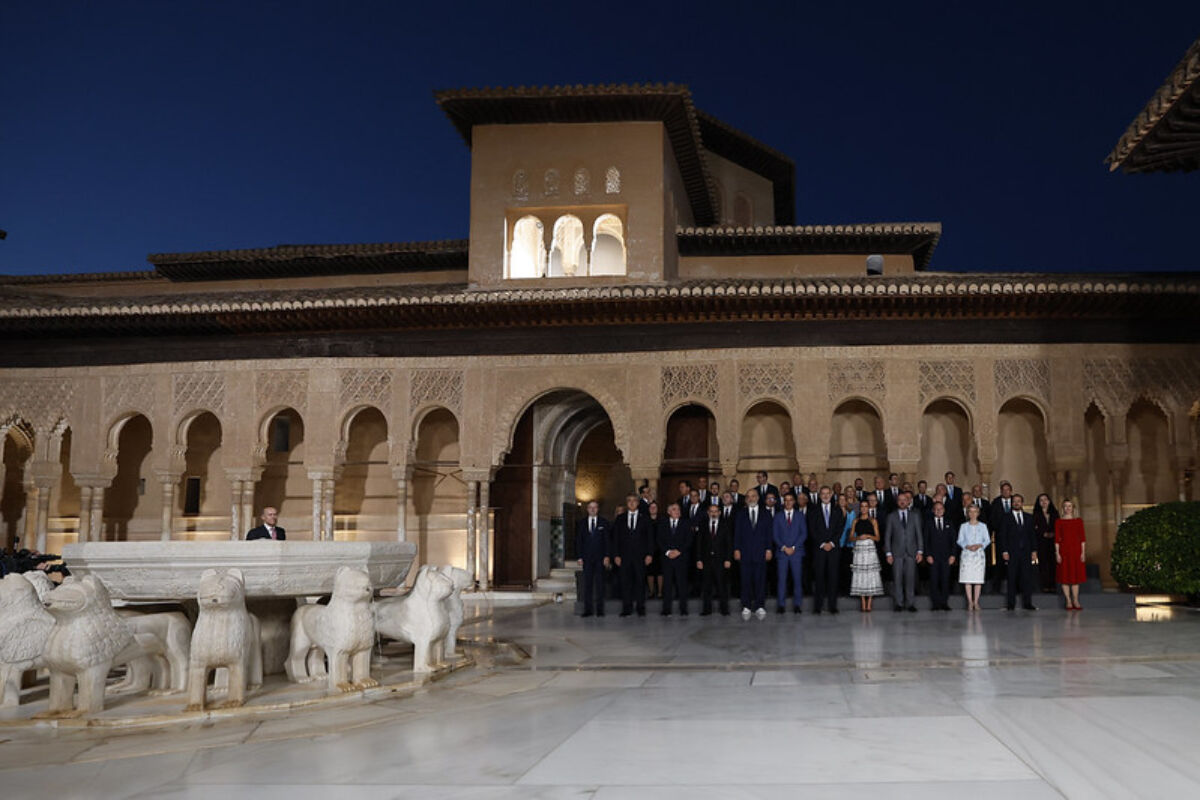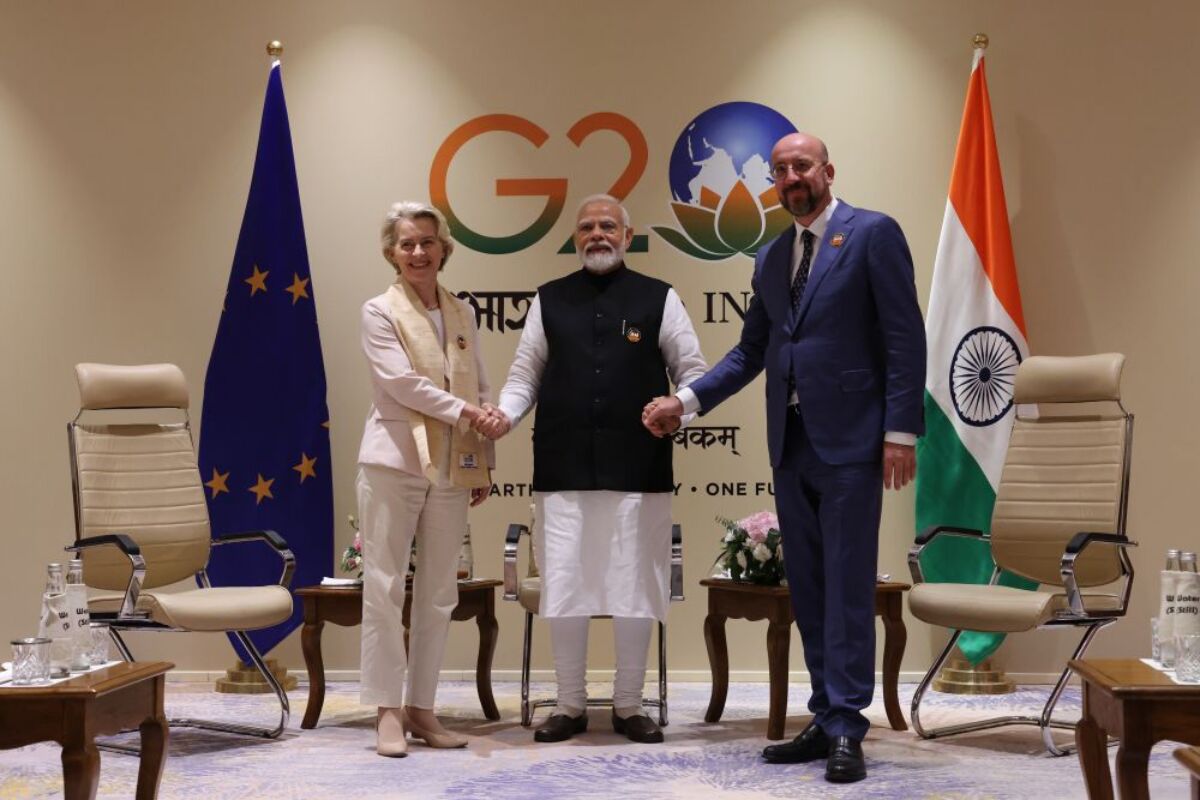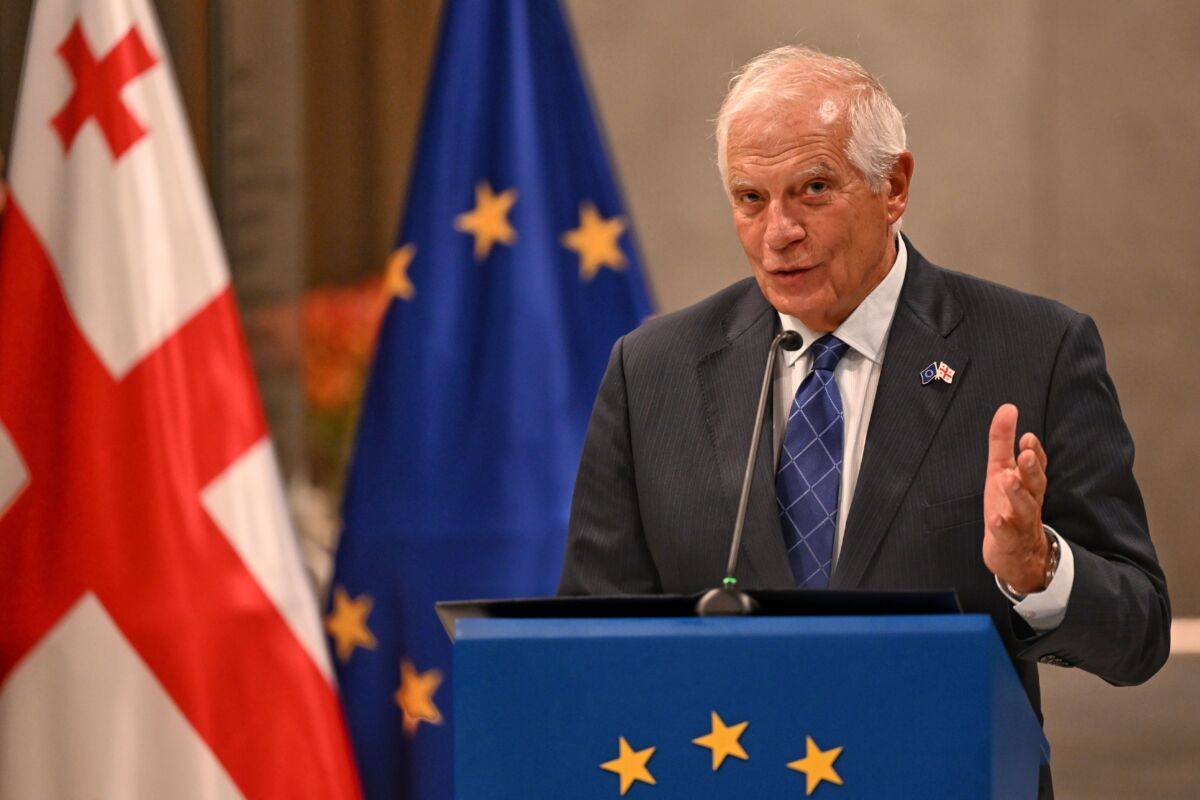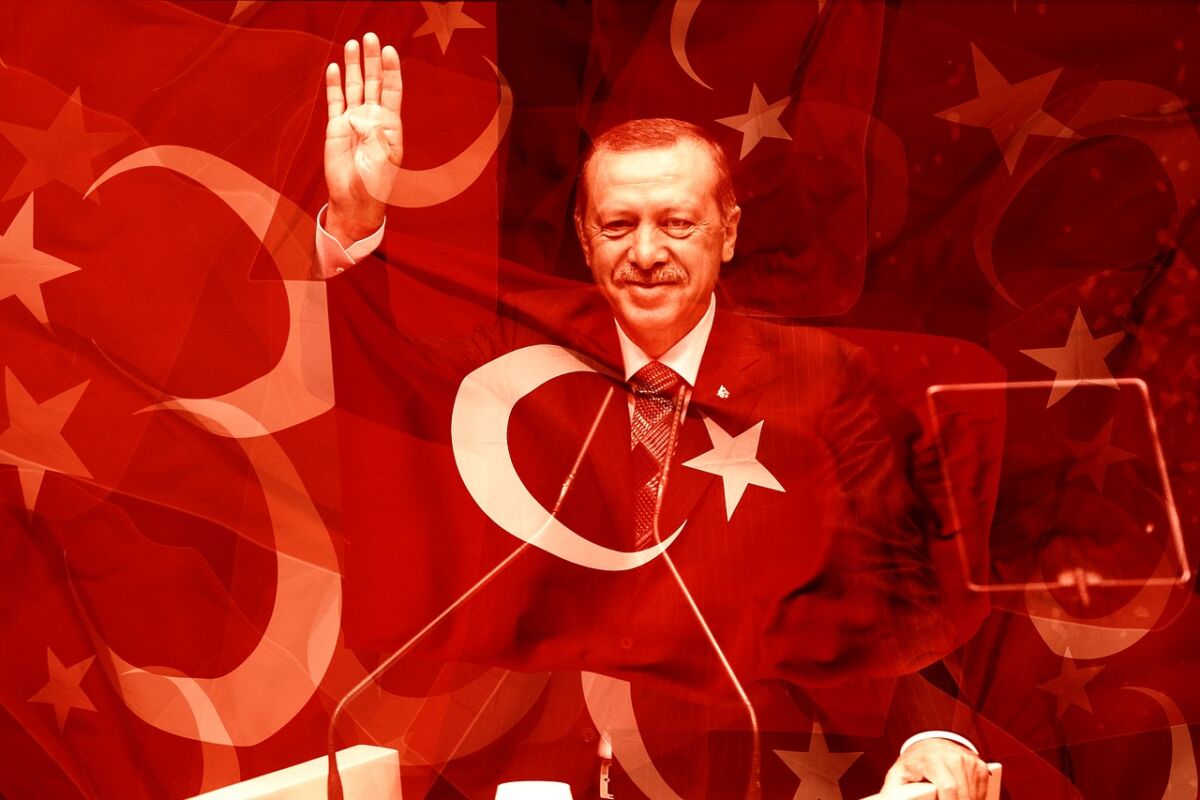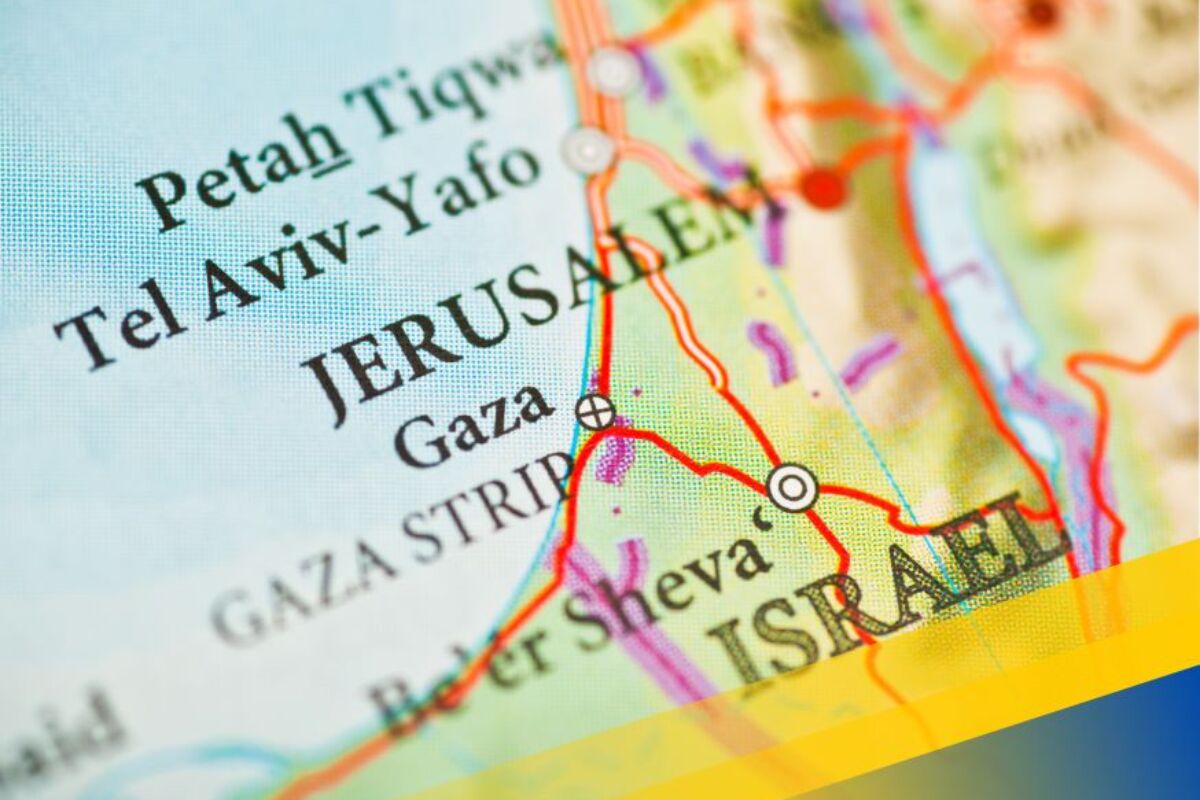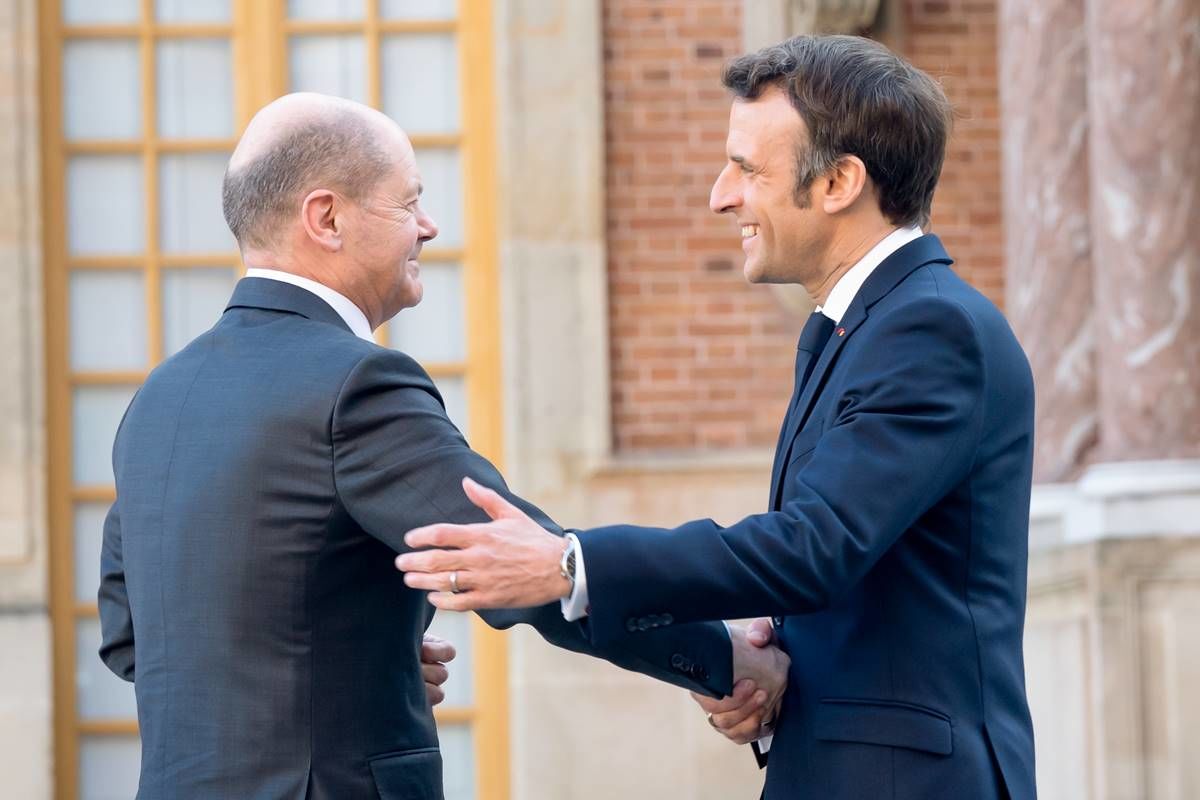This past year was supposed to have marked another milestone in the EU’s enlargement policy, with an agreement on the opening of accession negotiations with both North Macedonia and Albania. After repeated delays, the start date was expected to be before the end of 2020. But after France’s refusal in 2019 to entertain any further enlargement until a new negotiation methodology was agreed, Bulgaria took its turn to throw a spanner in the works, leaving the EU’s enlargement agenda in tatters.
Moving forwards – enhancing credibility
The policy started off on a positive trajectory, with the European Commission’s February Communication “Enhancing the accession process – A credible EU perspective for the Western Balkans”, aimed at responding to French demands and “reinvigorating the accession process”. This was endorsed by the European Council in March, which also gave the green light to open accession negotiations with both North Macedonia and Albania, albeit with some conditions attached in the latter case.
The EU-Western Balkan leaders’ meeting in Zagreb in May 2020, which took place virtually, reconfirmed the EU perspective for the region and announced a large EU financial support package to offset the worst effects of the pandemic.
In July, the European Commission presented the draft negotiating frameworks for both North Macedonia and Albania, setting out the guidelines for the accession negotiations.
The ghosts of history
But as the autumn and winter European Councils approached, where it was expected that a date would be set to open accession negotiations with North Macedonia, to start with, the prospects for a decision receded.
In a move that should have raised alarm bells at the time, the Bulgarian government issued a unilateral statement that was annexed to the March Council conclusions. The statement, based on a resolution endorsed by all political parties in the Bulgarian parliament, set out the conditions it insisted should be met by North Macedonia before accession negotiations could begin. These included an acceptance by North Macedonia that its language had Bulgarian roots, and that a ‘Macedonian language’ or ethnicity did not exist before 1944. It also demanded an end to what it called “state-sponsored anti-Bulgarian ideology”, as well as renouncing any claims to the “existence of a Macedonian minority” in Bulgaria, and set out what can only be described as a one-sided interpretation of the region’s history. The minority issue was particularly egregious as it flew in the face of repeated judgments by the European Court of Human Rights in Strasbourg recognising the existence of Macedonian minority groups on its territory.
With Bulgaria refusing to accept that a date be set until such time as North Macedonia caved in to its demands, and despite the best, albeit belated, efforts of the German Presidency of the Council, the EU’s enlargement agenda hit a brick wall. An unseemly controversy over history and Bulgaria’s interpretation of that history upended the entire process as the year came to an end. Not quite a mortal blow, but like the proverbial Humpty Dumpty who fell off his wall, it will take more than “all the kings’ horses” to put whatever is left of the EU’s enlargement policy back together again.
EU enlargement agenda – a policy in name only
The reality is that the Bulgarian veto in December reinforces the hypocrisy inherent in the EU’s overall approach to the Western Balkans and its European perspective. The commitment to this perspective, although frequently repeated in official EU documents, remains lukewarm at best, with most member states reluctant to get engaged, reflecting the mood of public opinion in some of those countries over any future enlargement of the EU. This has probably been exacerbated by the ongoing pandemic.
Despite the European Commission’s efforts to enhance the credibility of the accession process and give it a “stronger political steer”, to quote its February Communication, the process has become a shadow of what it was in previous decades when it was seen as the EU’s most successful foreign policy. The annual country reports issued by the European Commission continue to provide a useful barometer of the reform record for each country, but have little impact in the broader scheme of things. As long as there is stability and a pro forma adoption of reforms, the rest can take care of itself, the argument goes.
Even with the two countries whose accession negotiations are under way (Montenegro since 2012 and Serbia since 2014), the pace is glacial. In the eight years it took Croatia to complete its accession negotiations and become a fully fledged member state (in 2013), for the same length of time only three chapters out of the 35 have been provisionally closed in the case of Montenegro.
The complexities of Balkan politics
That the Bulgarian veto was allowed to block a Council decision for the start of accession negotiations with North Macedonia is not only another abuse of the unanimity rule by a member state, it also shows the complete lack of understanding within the EU of the complexities of Western Balkan politics and the heavy weight of history. The many inconsistencies and factual errors in the Bulgarian government’s approach, as illustrated in the European Policy Institute report of May 2020 entitled “EU-North Macedonia Accession Negotiations: The implications of the Bulgarian conditions” – arguably the most comprehensive analysis undertaken of the Bulgarian position – made no difference. In fact, the attempt to include in the December European Council draft conclusions the Bulgarian compromise wording of “misinterpretation of history” showed the EU’s apparent willingness to go along with Bulgaria’s one-sided stand against a candidate country. Fortunately, both the Czech and Slovak governments reacted; they rejected what it saw as the attempt to include the notion of “falsifying history’’ in the enlargement process.
By trying to insert history into the accession process, the Bulgarian government is not only undermining the criteria for accession, it also seems to be ignoring the vast experience of the EU in over 70 years of overcoming the legacy of the past and promoting a process based on reconciliation and the rule of law. Instead of promoting the values of the EU it has professed to abide by since joining the EU in 2007, it has played the nationalist card dictated by a domestic agenda reminiscent of 19th century empire politics. According to this logic, Ireland and the UK would never have become members of the European Community as it was then known in 1973. Both countries are still debating their shared history, but in a non-confrontational manner and in a shared institutional setting.
The EU must help to resolve bilateral disputes across the region
If this latest setback is allowed to go unchallenged, it will be repeated in countless other instances as the accession process proceeds, however painfully, for the Western Balkan countries. The region is replete with disputes, whether it is over territory, the rights or even the existence of national minorities, or over the nationality of a given historical figure. Any one of these could easily become the cause of instability or conflict if not properly channelled. Demands for the partition or redistribution of territory could open a Pandora’s box across the region (as occurred already in the Kosovo/Serbia dispute).
Leaving the resolution of these disputes to the countries directly concerned will not work, especially if one of the countries involved is an EU member state.
What is required is a proactive diplomatic engagement by the instances of the EU. Whether it is the High Representative of the EU or the Special Representative for the Western Balkans or some other high-profile personality or entity, there needs to be an independent neutral body to provide third party mediation whenever such disputes emerge. This mediation should take place in parallel with rather than as a precondition for the start of accession negotiations. In addition, the EU should use many of the instruments at its disposal for the promotion of dialogue, cooperation among historians and fostering networks of civil society organisations working to promote reconciliation. Nothing short of a dedicated road map tailored to the specificities of the region will be required.
It is the credibility of the EU and its ability to act effectively in its nearest neighbourhood that is at stake here.




